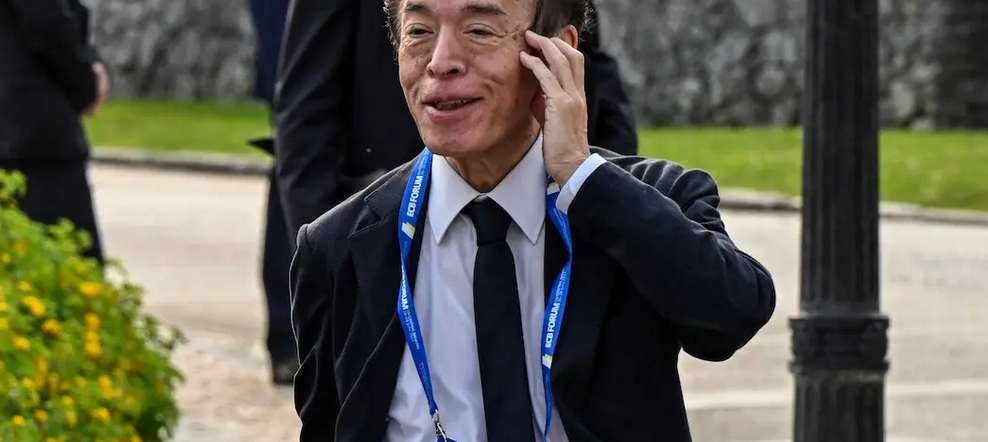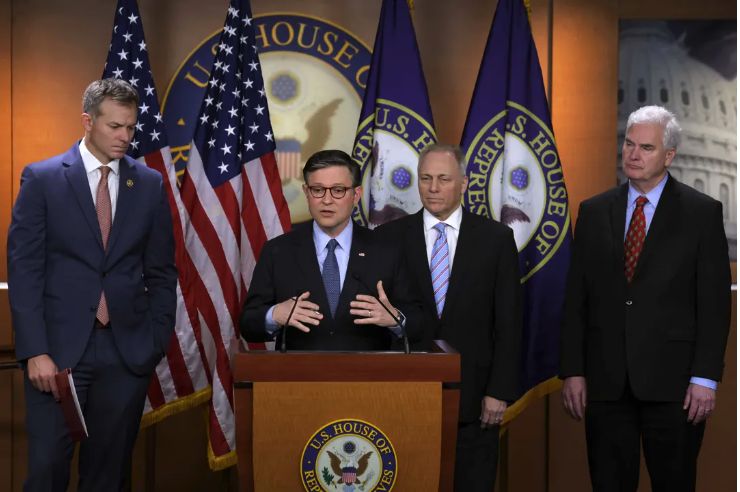Japan Raises Interest Rates for First Time Since 2007
For the first time in 17 years, Japan's central bank, the Bank of Japan (BOJ), raised interest rates. The bank's short-term rate will jump from -0.1% to between zero and 0.1%.
Facts
- For the first time in 17 years, Japan's central bank, the Bank of Japan (BOJ), raised interest rates. The bank's short-term rate will jump from -0.1% to between zero and 0.1%.1
- Japan also announced an end to its negative interest rate policy, which featured depositors paying to put their money in banks and borrowers receiving cheap loans and was started in 2016 to boost borrowing in the face of an idle economy.2
- The BOJ also said it removed a target for its 10-year government bond yields and will stop buying assets like stocks, real estate investment trusts, and corporate bonds, of which Japan has bought hundreds of billions of dollars since the 2008 crash.3
- The central bank says its target inflation rate is still 2.0%, although the government has retained its loose monetary policy for over a year despite its "core-core inflation" — which excludes energy and food — having exceeded 2% over that time.4
- The BOJ suggested it would not introduce another rate hike in the near future, prompting the country's currency to drop to 150 yen against the US dollar for the first time in two weeks.5
- Japan previously began shifting away from ultra-loose policies in 2016, with its 10-year government bond target set to zero in September of that year. As labor unions predict wages to increase by over 5% this year, the long-term rate now stands at 0.725%.3
Sources: 1The Guardian, 2The New York Times, 3WSJ, 4CNBC and 5The Japan Times.
Narratives
- Narrative A, as provided by IMF. After Japan endured debilitating deflation for over three decades, its economy is now dealing with rapid inflation that could have equally unsettling effects. Negative interest rates, which continued past the pandemic and into the post-pandemic inflationary surge, could combine with historic wage increases to put the country on track to fall into a devastatingly volatile economy if its monetary policy isn't fixed.
- Narrative B, as provided by S&P Global Market Intelligence. Raising interest rates will help the largest financial institutions, who wished for this policy change so they could up-charge their customers to increase profits. But small business loan providers who rely on bottom-level rates their customers can afford won't benefit from this. Under the previous system, smaller banks had more cash to invest in long-term bonds, an advantage that will end once interest rates surpass those bonds' yields.







